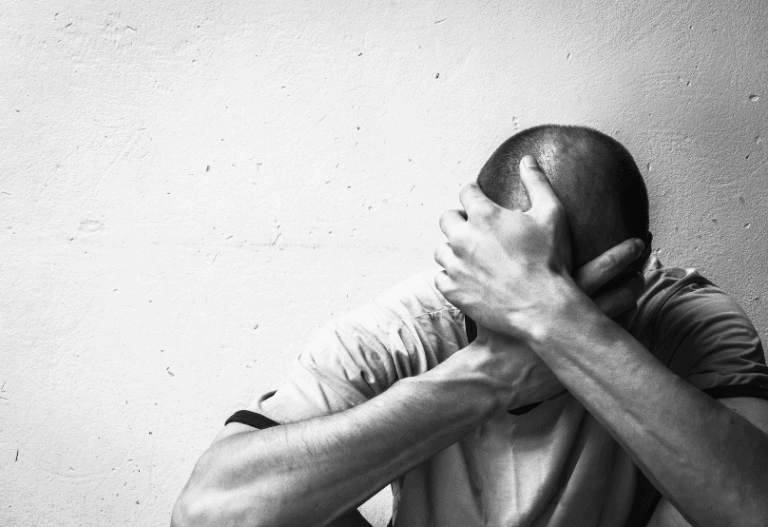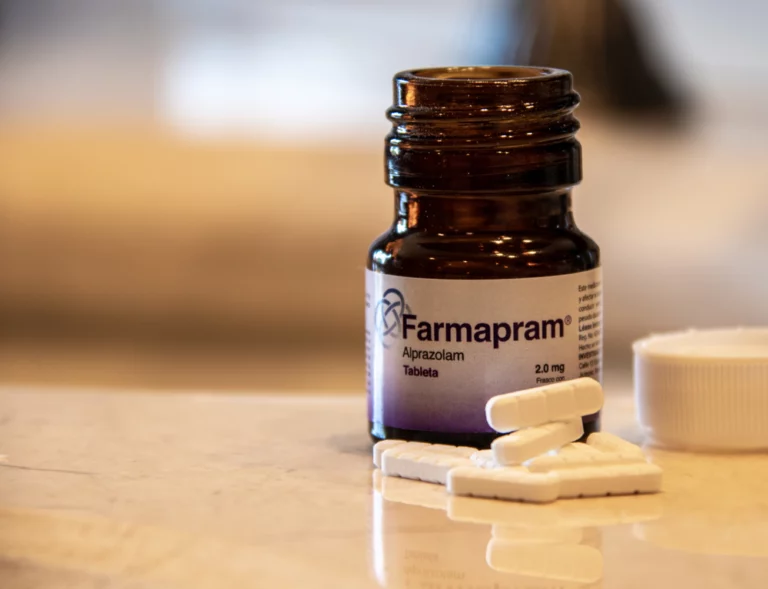7 Common Drug Addict Personality Traits
Addiction is nondiscriminatory and can affect anyone. However, Research shows that some people share specific drug addict personality traits which are reflected in familial, social, and individual factors. The most common and serious familial risk factors, according to the study, include “childhood maltreatment (including abuse and neglect), parental or familial substance abuse, marital status of parents, level of parental education, parent-child relationships, familial socioeconomic status, and child perception that parents approve of their substance use.”
Other risk factors include physical and sexual abuse, emotional abuse, neglect, deviant peer relationships, peer pressure, bullying, gang affiliation, ADHD, and depression. If you suspect that someone near you is an addict, it is important to be aware of some common traits that many individuals exhibit when addicted to drugs.
7 Common Drug Addict Personality Traits
- Impulsive
Impulsive individuals often make quick, spontaneous decisions without fully thinking them through. These people may seem to live fun, exciting lives because they are up for anything, but that impulsivity can be dangerous when risks and consequences aren’t considered at all— particularly when drugs and alcohol are involved. A study published on addictions and personality traits, focusing on impulsivity, declares that high levels of impulsivity are generally maladaptive, resulting in adverse consequences.
- Low Self-Esteem
Many addicts have low self-esteem and low self-worth, meaning they don’t value themselves very highly. When people don’t think much of themselves, they are much more likely to turn to drugs and alcohol to help ease their discomfort, inner pain, and insecurity. With low self-esteem and low self-worth, people are also more likely to have a pessimistic view of the future, and may not seem to care or seriously consider the consequences of their actions. These individuals can begin to rely on the substances as a crutch that develops into a dependency.
- Nonconforming
Many addicts state that they have always felt different or “other than” their peers. While having an individual sense of self is important, when someone begins to feel like an outsider or outcast, this can lead to social isolation and a higher risk of substance abuse. Addicts can also carry traits that go along with nonconformity such as difficulty delaying gratification, displaying attention seeking behavior, or rebelliousness.
Nonconformity can mean a person places little value on what society as a whole approves or disapproves—or deems legal or illegal—and these individuals may be more likely to drink to excess or abuse drugs. Likewise, that sense of rebelliousness can inspire some actively seek to break the rules and take things to the extreme.
- Distant
Individuals who keep others distant, at arm’s length, are more likely to feel isolated and turn to drugs and alcohol to deal with loneliness. This may be a maladaptive coping mechanism stemming from other traits, such as feeling different than everyone else. Addicts in active addiction also often isolate so that they can use drugs without judgment, concern, or trouble from others. Generally, the deeper a person goes down their path of addiction, the more distant and isolated they become.
- Grandiose
Some addicts are self-aggrandizing, meaning they promote themselves as being powerful or important. This is generally to disguise the fact that they often actually feel inadequate, but wish to project a sense of importance. Grandiosity often goes hand in hand with the common trait of low self-esteem and low self-worth, and can be used as a defense mechanism to hide vulnerability and fear. They may also feel indignant that the world hasn’t provided them with what they believe they deserve.
- Anxious
Many addicts are anxious and fearful, and often turn to drugs and alcohol to numb anxiety and fear, then develop an addiction. Drugs and alcohol can mask symptoms of anxiety, but it does not remove the anxiety, and in many cases, can make it much worse when the substances inevitably wear off. Anxiety medications in the form of addictive medications such as benzodiazepines can also be a slippery slope into the cycle of addiction, so it is important to be aware of the risks associated with these medications.
- Difficulty Dealing With Stress
Stress is a part of life, but for some people, it is completely intolerable. A low tolerance or difficulty dealing with stress is often associated with high anxiety levels, and a higher likelihood to turn to drugs and alcohol for temporary relief. Stress can be a key risk factor for addiction, but it does not cause addiction. However, using drugs and alcohol as a coping mechanism for something as common as stress can quickly develop into an unhealthy dependence and addiction. It is important for individuals to develop healthy coping mechanisms to deal with stress.
How The “Addictive Personality” Mindset Can Be Harmful
Though it is important to be aware of potential signs of addiction, or higher risk of addiction, the outdated term “addictive personality” can be harmful and actually prevent some people from getting the help they need. It can be harmful because:
- It can lead people to “identify out”— meaning they believe they aren’t at risk because they don’t have all, or even some, of the common personality traits of addiction
- It may make people who have an addiction believe that they will be unable to recover because they were “born this way.” It may induce a sense of hopelessness.
The bottom line is, anyone can become addicted to drugs or alcohol, and the broader view we can take at looking at individuals with addiction, the more people may find the help they need.
Addiction Treatment At Oasis Recovery
If you or someone you love has one or more of the above drug addict personality traits, we encourage you to reach out to the professionals at Oasis Recovery to learn more about our personalized treatment programs and mental health services. Recovery is always possible. Our experts work with you to design a treatment plan that fits your needs. Common treatment programs include:
- Intensive Outpatient Programs (IOP)
- Partial Hospitalization Programs (PHP)
- Aftercare Services
Contact us today for more information about how our programs and services can help you get your life back on track.











